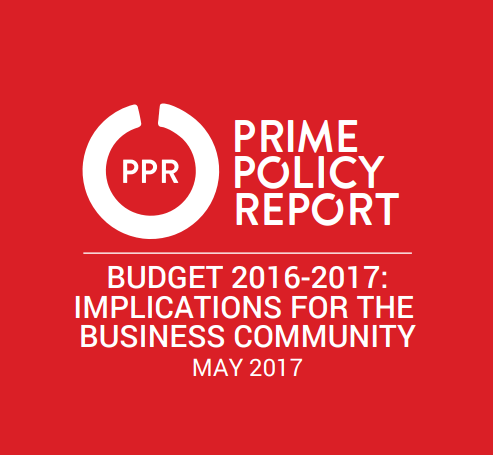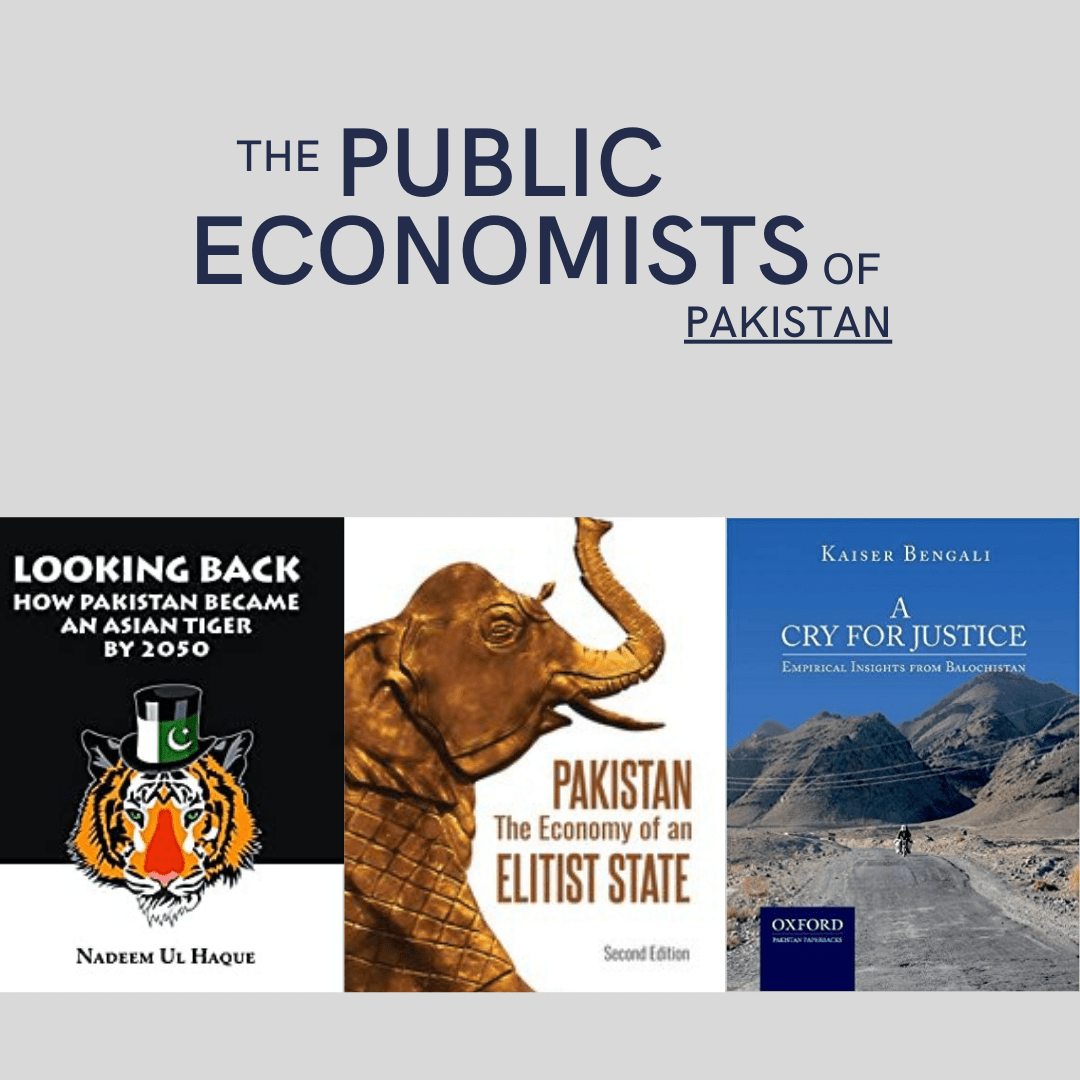The Business Climate Review sums up important developments spanning the entire federal government economic governance over the previous month. It discusses possible consequences of decisions, policies, and regulations announced by the federal cabinet, regulators and Federal Board of Revenue for the business climate of Pakistan. The analysis is based on the idea that economic freedom is good for the business climate and any law that increases arbitrariness, red-tape, and government involvement is counterproductive. Also, we believe that the government should not choose winners and losers by legalizing exemptions or favours.
To read the full report or download it, click here: Budget 2016-2017 | Implications for the business community (May 2017)












